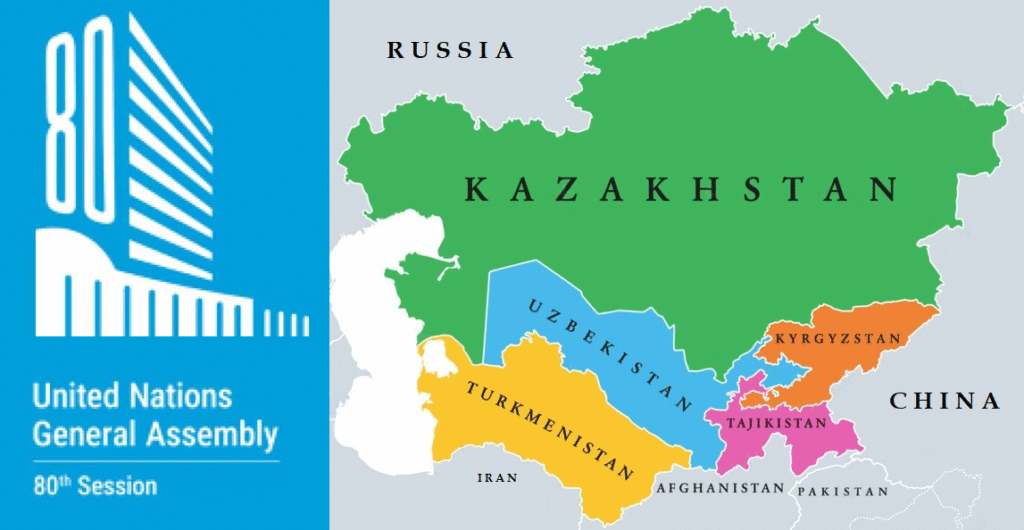Islamabad-UNS:The presentations and deep insights shared by scholars from ten Muslim countries helped build a consensus that ending early and child marriages should be linked to mental maturity, shared wisdom, and a collective conscience aligned with Islamic principles. These principles emphasize the protection of the weak and vulnerable, as Islam is deeply rooted in upholding the rights of all people.
The scholars delivered their talks and presentations at the daylong International Conference on Age of Marriage Legislations in Muslim Countries: Review of Best Practices & the Way Forward, organized by the Potohar Organization for Development Advocacy (PODA) in collaboration with the Women Parliamentary Caucus and the Ministry of Human Rights, with support from the Royal Norwegian Embassy in Islamabad.
The three-year project “Reduce Early Marriages to Enhance Gender Equality,” implemented by PODA-Pakistan across 41 districts of Punjab province, is scheduled to conclude by the end of November 2025. Through this initiative, PODA has reached more than 41,000 individuals, engaging a broad range of stakeholders including nikah khawans and registrars, parents, mothers, girls, teachers, lady health workers, and representatives from key government departments such as Health and Population, Education, Police, Judiciary, Social Welfare, Bait-ul-Maal, Law, and Legislatures. The project also involved lawyers, members of bar associations, academicians, and doctors, fostering dialogue and collaboration across multiple sectors.
Barrister Aqeel Malik, Minister of State for Law and Justice and Human Rights, outlined the historical development of laws aimed at reducing early marriages in the country, tracing progress from 1929 to 2025, while noting that efforts are ongoing to harmonize child marriage legislation nationwide.
Recently, the Women Parliamentary Caucus, Punjab Commission on the Status of Women, and the Women Development Department, Government of Punjab, provided impactful collaboration for the consultative session in Lahore and the International Conference on “Age of Marriage Legislations in Muslim Countries: Review of Best Practices & the Way Forward.” Representatives from ten Muslim countries participated in the conference, discussing prevailing laws as well as the socio-cultural and economic factors influencing progress toward the protection and empowerment of girls.
A representative of the Punjab Commission on the Status of Women (PCSW), Qaiser Mehmood, shared that the draft Child Marriage Restraint Bill has been finalized and vetted by all relevant government departments. The bill is now with the provincial cabinet for approval and proposes setting the minimum age of marriage for girls at 18 years, ensuring that they can complete their basic education and acquire skills for a dignified and empowered future.
In his welcome remarks, Deputy Head of Mission of the Royal Norwegian Embassy in Islamabad, Thomas Dahl, appreciated the collaborative efforts toward promoting gender equality and protecting the rights of girls. The opening remarks were delivered by Mr. Abdul Kalique Sheikh, Secretary of the Ministry of Human Rights, Islamabad, followed by the welcome address and preamble of the conference presented by Ms. Sameena Nazir, Executive Director of the Potohar Organization for Development Advocacy (PODA). The country paper on Pakistan was presented by Dr. Muhammad Arif Laghari, Director at the Ministry of Human Rights. A global perspective on the success story of prioritizing women’s rights and girls’ empowerment was shared by Her Excellency Harerimana Fatou, High Commissioner of Rwanda to Pakistan. The keynote address was delivered by Dr. Shahida Rehmani, Chairperson, Women Parliamentary Caucus.
International scholars and experts also contributed their insights, including Saimum Reza Talukder from BRAC University, Bangladesh; Andi Nur Faizah, Research and Public Education Lead at the International NGO Forum on Indonesian Development (INFID), Indonesia; Prof. Dr. Balarabe A. Haruna from Nigeria; Prof. Dr. Aziz Mechouat from Morocco; Badr Al-Abri, researcher and author from Oman; Dr. Nadia Abaza, Board Member of the Syrian Women Network; Ms. Shaimaa Salahuddin Harbawi, Researcher in Islamic Thought and Civilization from Tunisia; Dr. Amal Basha from Yemen; and Prof. Dr. Muhammad Zia Ul Haq, Director General of the Islamic Research Institute at the International Islamic University, Islamabad.
Recommendations include increasing penalties under the Child Marriage Restraint Act to deter early marriages, setting the minimum age of marriage for girls at 18 linked to completion of secondary education, and collaborating with Islamic scholars and institutions to conduct awareness campaigns. Women should be empowered through economic and skill development programs, while civil society, community, and religious leaders should engage in awareness sessions highlighting the harms of early marriage and Islamic principles protecting the vulnerable. The state must ensure legislation that safeguards young girls, prioritizing their welfare and protection.



